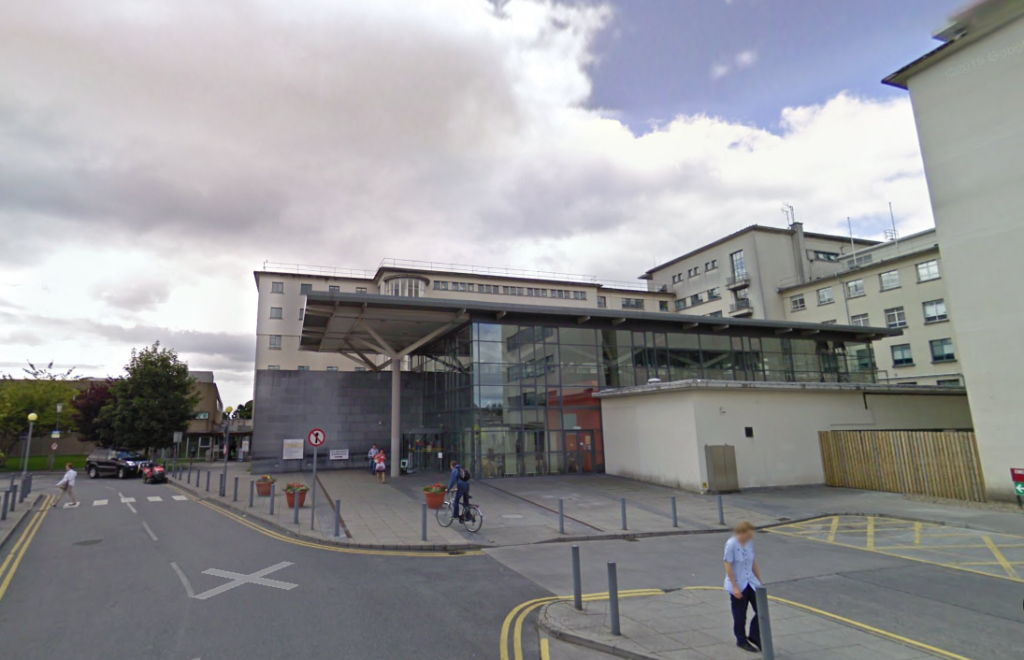AN 88-YEAR-OLD Irish woman has reportedly spent over 80 hours on a trolley while waiting to be given a bed in University Hospital Galway.
The elderly woman was brought to the emergency department on Thursday evening, and was still without a bed on Monday afternoon.
Her daughter Anna spoke to Joe Duffy’s Liveline on RTÉ Radio One, claiming that she had no privacy on the trolley and that the hospital was "chock-a-block".
"My mum is 88 and in frail health. We’re here as of now, as of this moment, still," Anna said.
"We were seen fairly quickly and assessed and all that, and admitted a while afterwards, but were admitted with no bed.
 University Hospital Galway
University Hospital Galway"There were no beds in the hospital. We were told the hospital was chock-a-block, there were no beds."
She went on to say that because her mother has been in and out of the hospital regularly, she's unable to simply leave and go home, a situation Anna describes as "a violation of human rights".
"When we came in first [the trolley] was in beside the door. There are no cubicles or you’re separated by curtains and mostly there aren’t many curtains, so you’re right beside the person next to you, and you’re listening to their diagnosis and listening to doctors talking to them.
"It’s one big chaotic melting point where nobody has a voice and nobody is seen, just chaotic," she added.
"It’s wedged in there [the emergency department], it’s completely packed out, there’s no room, it’s unsafe, it’s unhealthy. It’s just very chaotic.
"I feel that this situation is a violation of human rights."
In a statement, the Department of Health said that upholding patient dignity and respect values "is very important" and that it is "seeking specific details on the case raised".
University Hospital Galway also released a statement apologising to patients and their families for the inconvenience caused by overcrowding.
"The hospital is currently seeing high volumes of patients presenting to the ED, particularly medical patients, who need to be admitted for ongoing care and treatment.
"We apologise for the distress and inconvenience caused to patients and their families who are currently experiencing long wait times.

